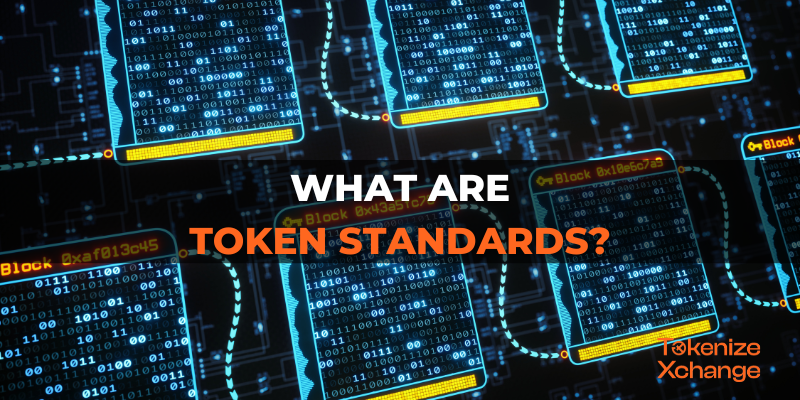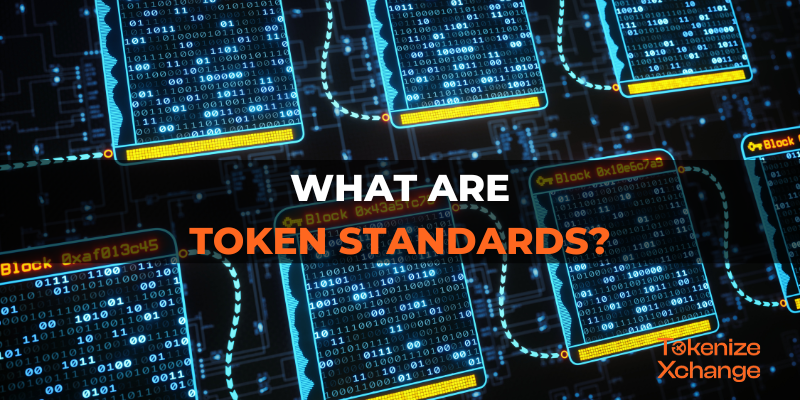
Thousands of cryptocurrencies exist on the blockchain, each representing unique digital assets and serving diverse purposes. However, the vast amount of new emerging cryptocurrencies are not created equal, and variations exist in their characteristics and functionalities and this has posed challenges in terms of interoperability, security, and user experience. This is where token standards play a crucial role in addressing these challenges and providing a standardized framework for the creation, management, and exchange of digital assets.
Token Standards
Tokens serve as digital representations of various assets on the blockchain, encompassing a wide range of items such as cryptocurrencies, digital collectibles, gaming assets, utility tokens, and more. A token standard acts as a set of predefined rules and protocols that dictate the structure, behavior, and functionality of tokens on a specific blockchain platform. It provides a standardized framework for creating, issuing, transferring, and managing tokens, ensuring consistency and interoperability within the blockchain ecosystem.
Importance of Token Standards
- Interoperability – Token standards create a shared framework for tokens, ensuring smooth compatibility and interaction across diverse blockchain platforms. Tokens that follow a specific standard can be effortlessly exchanged and employed within various decentralized applications, exchanges, and smart contracts. This interoperability fosters a well-connected and streamlined blockchain ecosystem, enhancing overall efficiency and effectiveness.
- Security and Reliability – Token standards are designed based on best practices and thoroughly tested to ensure security and reliability. Developers can leverage these established standards, which have undergone extensive scrutiny by the community, to minimize potential vulnerabilities in token contracts. By adhering to token standards, developers can build confidence in the security of their tokens and reduce the risks of smart contract bugs and exploits.
- Simplified Development – Developing a new cryptocurrency or token from scratch can be a daunting task, especially for newcomers to the blockchain space. Token standards provide a blueprint that streamlines the token creation process, making it easier for developers to create and deploy new tokens with the assurance that they comply with the industry’s best practices. This simplified development process encourages more projects to enter the space, fostering innovation and diversity.
Token standards are the backbone of blockchain interoperability, providing a standardized approach to token creation, issuance, and management. By enabling seamless communication between different blockchain networks, token standards have facilitated the growth of decentralized applications and enhanced user experiences. As the blockchain space continues to evolve, token standards will play an essential role in driving innovation and shaping the future of digital asset ownership.
